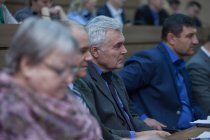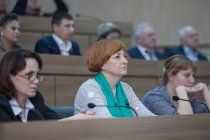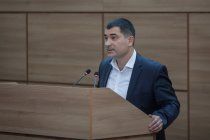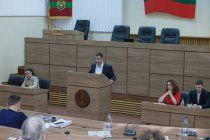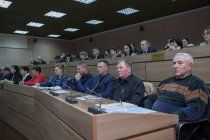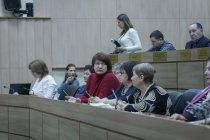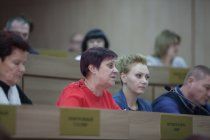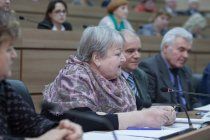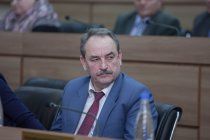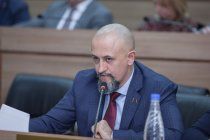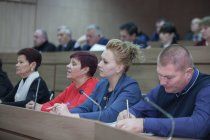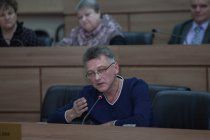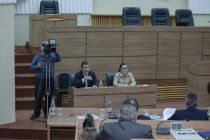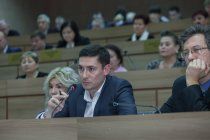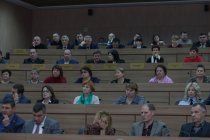 Русский
Русский English
English-







How to regain debts for utilities?
The hearing was organized by the Committee on State Regional Policy. The issues of housing and communal services are in its jurisdiction. Today in the conference room a question of public debts for housing services was asked. The amount today is approximately 160 million rubles.
According to the deputies, the problem is significant, and it is associated not only with the dishonesty of some of our citizens, but also with the fact that the system that exists in our country allows dishonest citizens to take advantage of the gaps in legislation.
The Supreme Council during 2019 adopted a number of legislative initiatives aimed at combating defaulters. These are not the most stringent measures. The deputy corps step by step, taking into account the system that exists today. Thus, penalties were increased, direct payments were introduced under contracts with utilities, as well as debt transfer in case of alienation of property.
Along with this, there is the practice of filing claims in court against defaulters. But, according to the Committee, the efficiency in this case is small and does not solve all the problems.
There is also a mechanism for debt collection by bailiffs. Anton Onufrienko asked the question: why is the ban on leaving the territory of the PMR not applied for debtors, is there such an opportunity?
Valentin Grabko, Head of the State Bailiffs Service, noted that there are no problems with those citizens who travel outside the PMR by their own transport, however, it is almost impossible to take into account those who cross the border by public transport.
According to representatives of housing cooperatives, there are difficulties with repaying debts. Valentina Nikitina, an accountant for several cooperatives, noted that people who are not the poorest often do not pay. As a rule, those who know that after 3 years this debt will be written off to them will not be paid. The chairman of the cooperative Valentina Borets proposed to simplify the procedure for submitting documents to the court. However, she noted that the cooperatives lack legal assistance. Paying for a court, paying a lawyer is too expensive if there are debts in the cooperative.
Minister of Economic Development Sergei Obolonik emphasized that debt recovery mechanisms exist. However, in his opinion, they are not effective enough. The impact on non-payers should be more radical, but all decisions should be made exclusively by the court, since everyone has different debt situations.
Deputy of the Supreme Council Grigory Dyachenko considers that the activities of the executive branch to repay debts for housing and communal services are not well covered in the media. We need a "demonstration fight against defaulters". In his opinion, the development of effective measures to influence defaulters is the task of the Government. Along with this, the deputy emphasized that there are many issues that are still not resolved in the legislative field. For example, how to legally enter the apartment in the absence of the owner. House Committees often face such issues. Also, Grigory Dyachenko suggested introducing departments in state administrations that will deal with cooperatives. This is precisely the legal assistance that the representatives of the house committees spoke about at the hearing.
The Chairman of the Supreme Council Alexander Korshunov expressed the view that in our republic the authorities should not take a radical path in the issue of returning debts for housing and communal services, as is done in other countries. We need to choose a more balanced approach in resolving this issue.
The head of Tiraspol Oleg Dovgopol proposed to work out the implementation of the project on the resettlement of debtors in cheaper housing, and also supported the idea of widespread media coverage of such work. Most of those present at the hearing agreed with this.
The results of the hearings were summed up by the deputy chairman of the Committee on State Regional Policy Anton Onufrienko. In his opinion, there is a need to tighten measures to influence debtors.
All proposals made will be systematized, executed and sent to the President. The relevant committee from his part will work with the voiced opinions and, on their basis, will propose the necessary changes to be introduced into the legislation.


